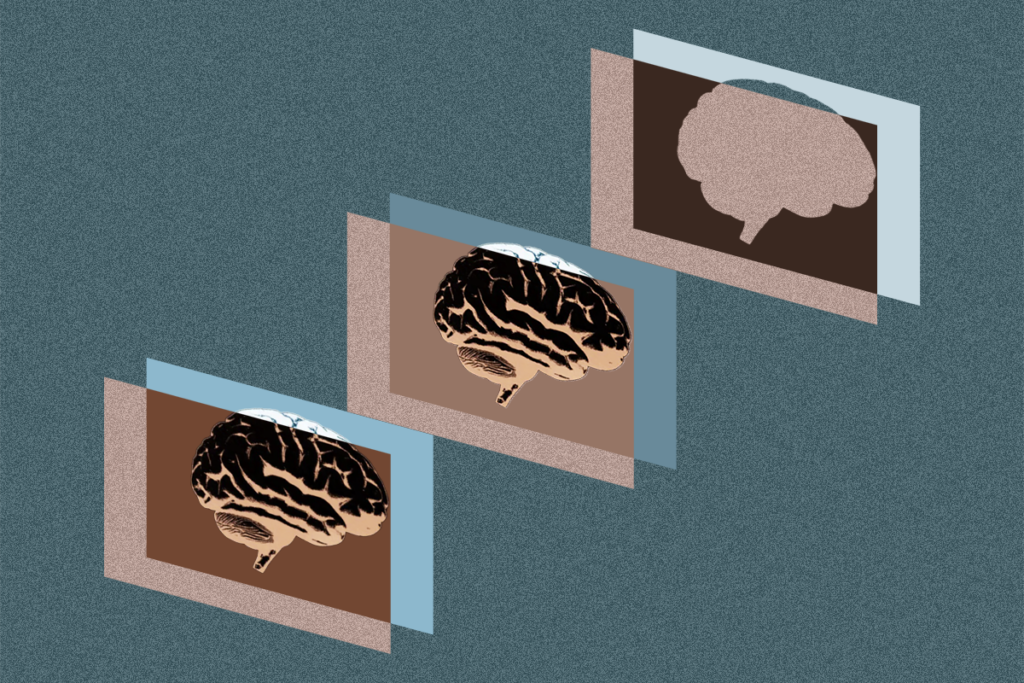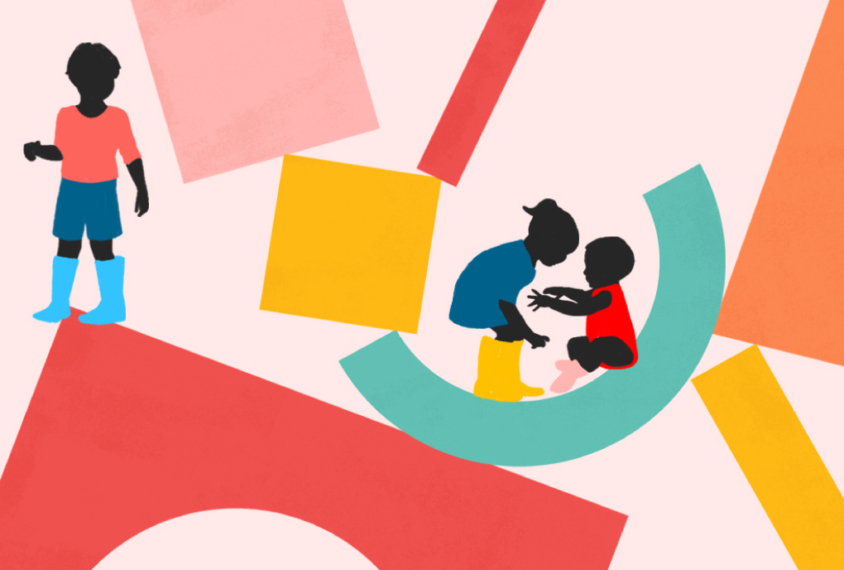Ingfei Chen is a writer and editor in Northern California who likes telling stories about medicine, science and the environment. Her articles have published in The New York Times, Science, KQED Mindshift, Scientific American and Smithsonian, among others.
Ingfei Chen
Freelance writer
From this contributor
What baby siblings can teach us about autism
Studies of infants at risk for autism have not yielded a test to predict who will eventually be diagnosed. But they have transformed our understanding of the condition.
The gene hunters
Criss-crossing the globe on a quest for unusual DNA, researchers have discovered a rare mutation that promises insights into both epilepsy and autism — and points to a treatment.
Wide awake: Why children with autism struggle with sleep
Half of children who have autism have trouble falling or staying asleep, which may make their symptoms worse. Scientists are just beginning to explore what goes wrong in the midnight hour.

Wide awake: Why children with autism struggle with sleep
Explore more from The Transmitter
Exclusive: Recruitment issues jeopardize ambitious plan for human brain atlas
A lack of six new brain donors may stop the project from meeting its goal to pair molecular and cellular data with the functional organization of the cortex.

Exclusive: Recruitment issues jeopardize ambitious plan for human brain atlas
A lack of six new brain donors may stop the project from meeting its goal to pair molecular and cellular data with the functional organization of the cortex.
How pragmatism and passion drive Fred Volkmar—even after retirement
Whether looking back at his career highlights or forward to his latest projects, the psychiatrist is committed to supporting autistic people at every age.

How pragmatism and passion drive Fred Volkmar—even after retirement
Whether looking back at his career highlights or forward to his latest projects, the psychiatrist is committed to supporting autistic people at every age.
The brain’s quiet conductor: How hidden cells fine-tune arousal
New research published today suggests that the pericoeruleus acts as a kind of micromanager of arousal, selectively inhibiting different subgroups of locus coeruleus neurons depending on the behavioral context.
The brain’s quiet conductor: How hidden cells fine-tune arousal
New research published today suggests that the pericoeruleus acts as a kind of micromanager of arousal, selectively inhibiting different subgroups of locus coeruleus neurons depending on the behavioral context.
